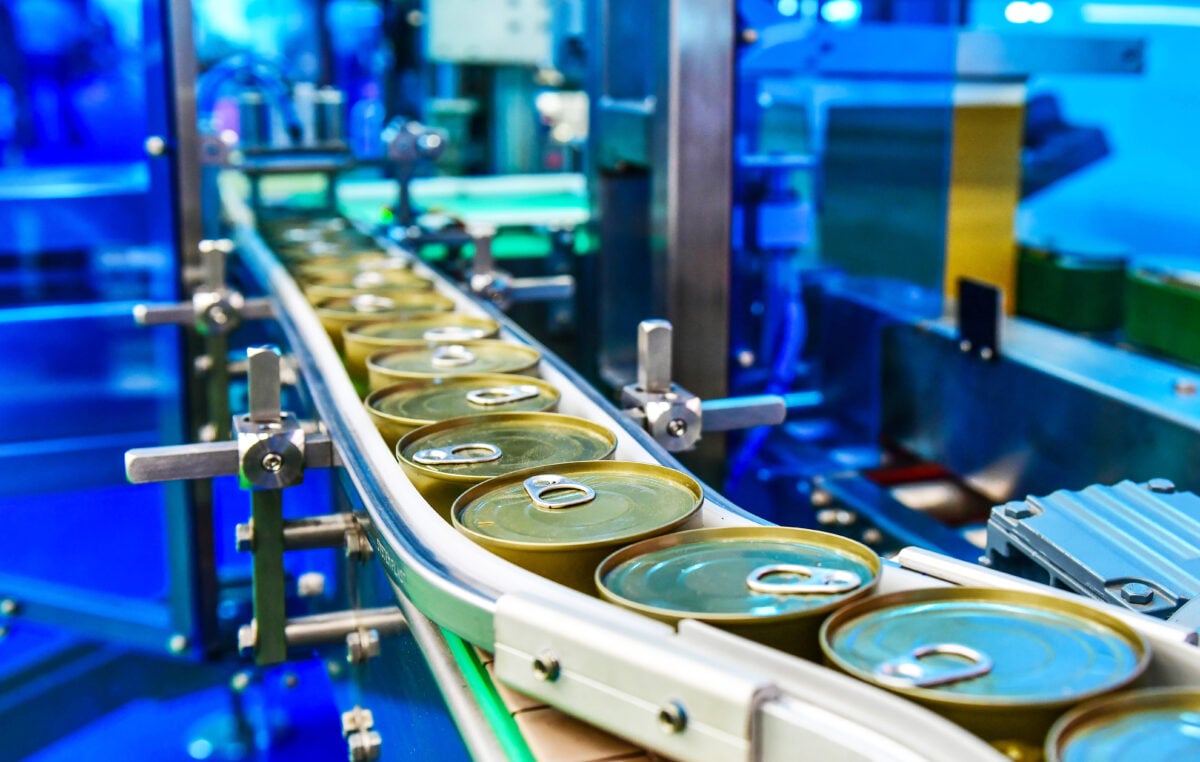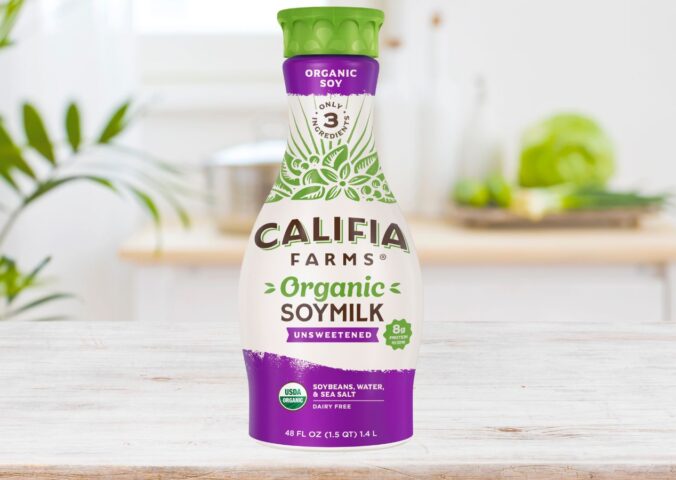A new study suggests that even ultra-processed plant-based foods may be better for your heart than unprocessed animal products like meat and dairy.
Researchers looked at the impact of plant-based ultra-processed foods (UPFs) such as alternative meat, milk, and margarine products on cardiometabolic risk factors, chronic diseases, and overall mortality. They then compared those results with the health impact of so-called “unprocessed” animal products.
Read more: Updated EAT-Lancet Planetary Health Diet Could Prevent 40,000 Deaths Per Day
The study, a scientific review published in Current Nutrition Reports, found that while UPFs are not as healthy as plant-based whole foods, they are still healthier than animal products. Swapping meat for plant-based analogues can lower cholesterol, as does swapping dairy milk for soy, and the latter also reduces breast cancer risk.
“While ultra-processed plant-based foods are less healthy than whole plant foods, they may offer better cardiometabolic outcomes than unprocessed animal-based products,” said the researchers. “As transitional tools, products such as plant-based milks, meat analogs, and margarine may facilitate dietary shifts. Public health guidance should reflect these nuances to support realistic, health-promoting transitions.”
The study also noted that there is a “need to differentiate” between different, nutritionally diverse UPFs. Oversimplification of the topic has arguably increased the risk of consumers mistakenly equating something processed but nutritious with something linked to a high risk of negative health outcomes, such as processed pork.
Read more: Plant-Based Diets May Cut Cancer Risk By A Quarter, Study Shows
‘Not all UPFs are created equal’

The new study is not the only one to call for a new approach to UPFs and plant-based products. A report published by The Good Food Institute (GFI) and the Physicians Association for Nutrition (PAN International) earlier this year called for “nuance.”
It also highlighted how labels like “processed” and “unprocessed” do not accurately reflect nutrition or any other potential benefits and drawbacks of different foods.
“The conversation around ultra-processed foods has become increasingly polarized,” said Dr Roberta Alessandrini, director of PAN International’s Dietary Guidelines Initiative and co-author of the guide. “But not all UPFs are created equal. This resource aims to equip professionals with a clearer understanding of where plant-based meat fits in – based on science, not sensationalism.”
Read more: 5 Benefits To Food Processing






